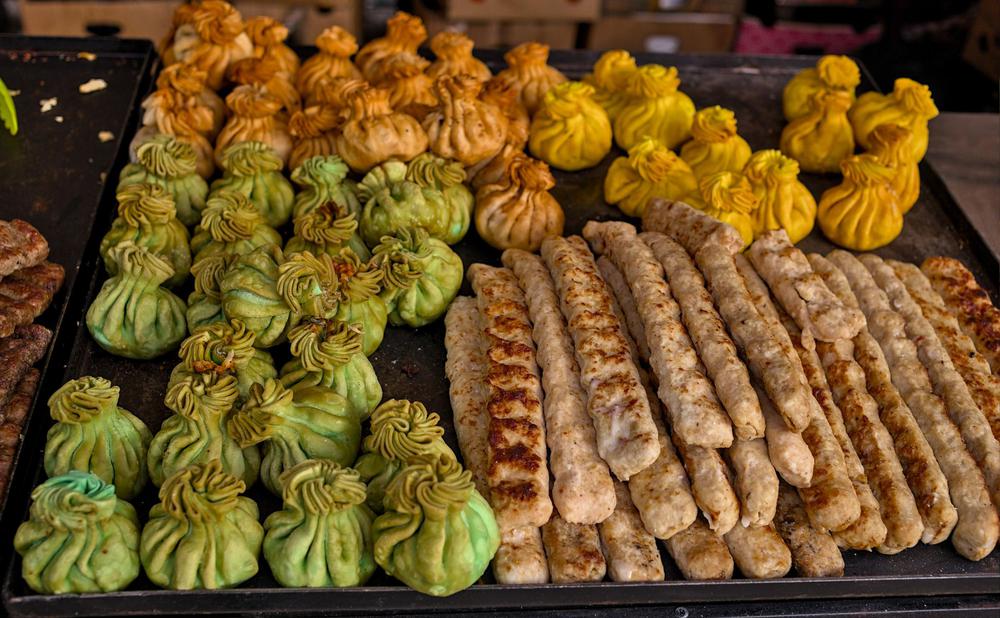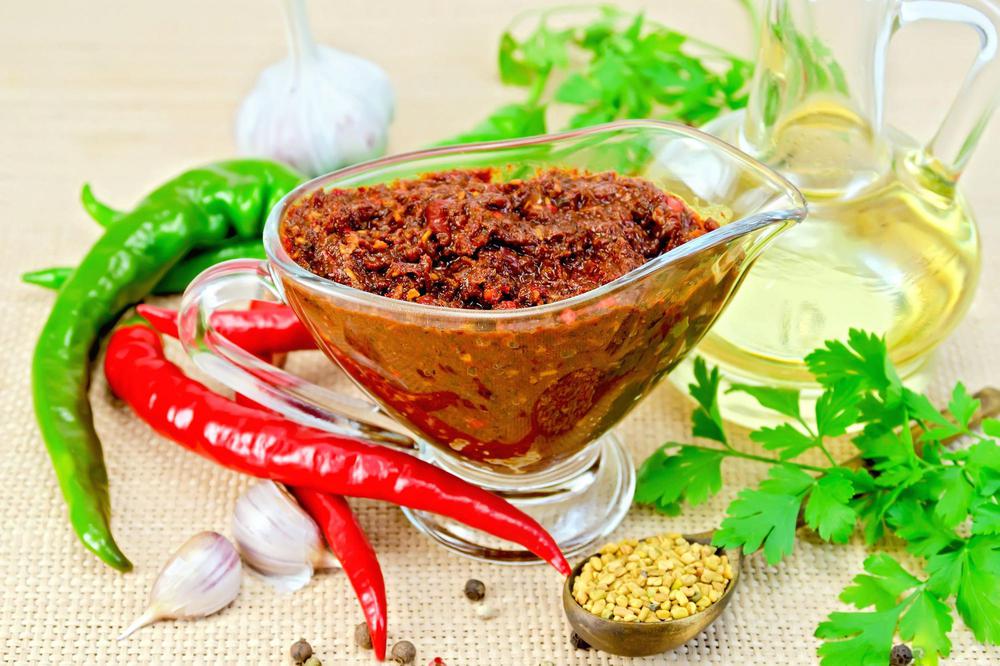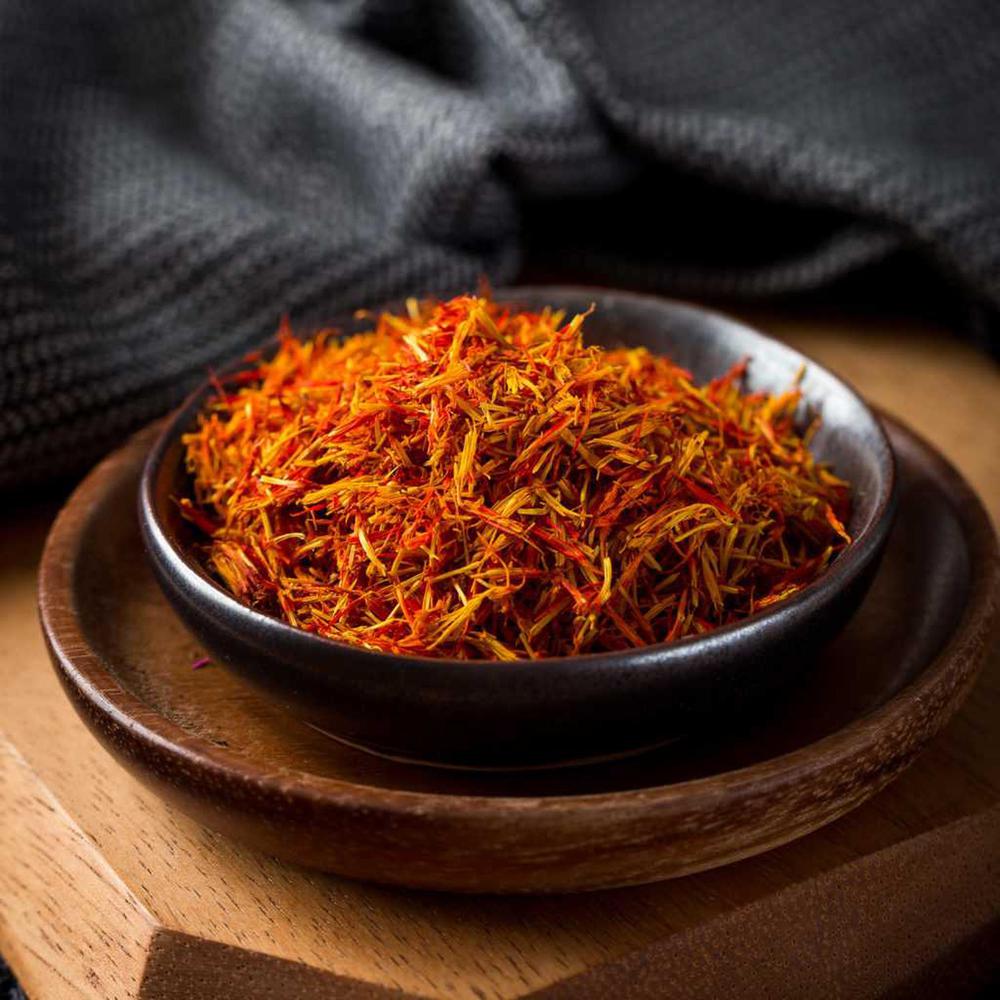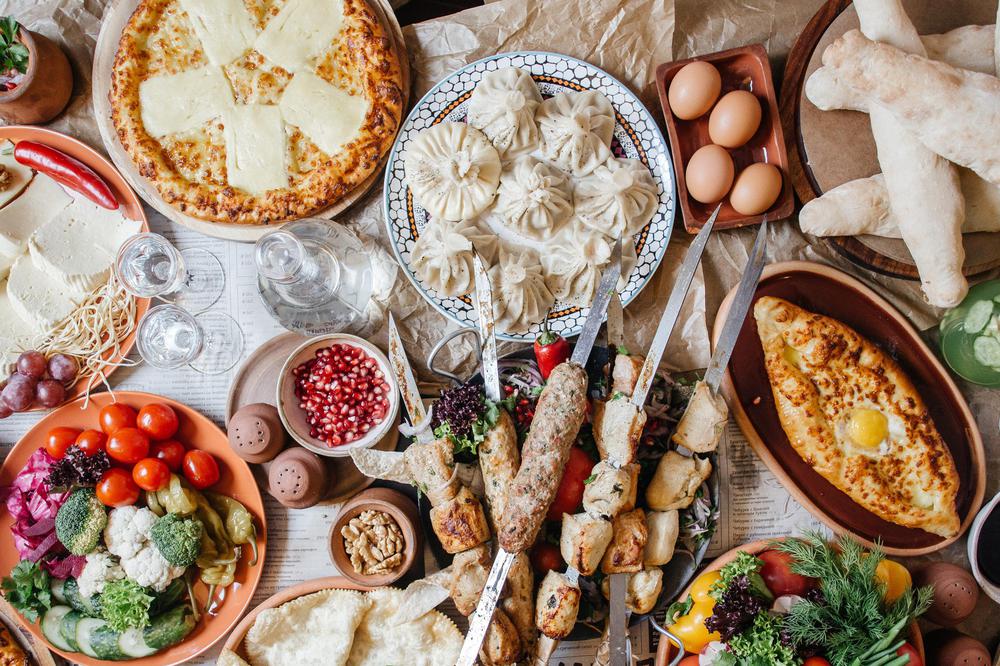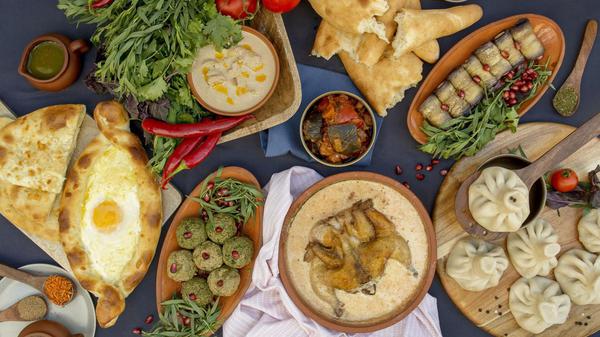Georgia's culinary heritage, renowned for its vibrant flavors and aromatic dishes, is deeply intertwined with the use of a diverse range of herbs. In this exploration of Georgian herbs, we delve into the essential spices and plants that not only define Georgian cuisine but also highlight the country's rich agricultural practices, particularly in the fertile region of Imereti.
Georgian Spices And Herbs: The Cornerstone Of Flavor
Georgian cuisine, celebrated for its home-cooked meals, heavily relies on an array of spices and herbs, each contributing its unique taste and aroma. These ingredients are not just food elements but cultural symbols, representing the gastronomic richness of the region.
Coriander: A Versatile Favorite
Coriander, known locally as Kinzi, is a staple in many Georgian dishes. Its leaves and dried seeds are particularly favored, lending a distinct flavor to traditional recipes like Tolma and Chicken Liver Chashushuli. This herb is emblematic of the Georgian penchant for using fresh, local ingredients.
The Unique Essence Of Blue Fenugreek
Blue fenugreek, or Utskho Suneli, is a wild herb found in Georgia's mountainous north. It's a key ingredient in dishes like Kababi and Khabakhi, offering a mildly spicy and aromatic touch. This herb exemplifies the regional diversity of Georgian flora.
Imereti: A Hub For Herb Cultivation
Imereti, a region in Georgia, is renowned for cultivating the most flavorsome herbs, contributing significantly to the country's increasing herb exports. The popularity of coriander, parsley, celery, basil, and dill is a testament to the region's agricultural prowess.
Greenhouses And Gardens: The Growth Cycle
The cultivation of these herbs in Imereti is a year-round process, with greenhouses operating from November to April, and garden sowing beginning in February. The harvesting of these herbs starts as early as March, showcasing the efficiency and dedication of local farmers.
Parsley And Celery: The Agricultural Stars
Parsley, a resilient and versatile herb, is considered the most profitable crop by Georgian farmers. Its ability to thrive in various soil types and resist cold weather makes it a staple in both culinary and economic terms. Similarly, celery, with its unique aroma and medicinal properties, plays a crucial role in Georgian cooking and herbal medicine.
The Rich Palette Of Georgian Herbs In Cuisine
Georgian herbs are not just ingredients; they are the soul of the cuisine, adding depth and character to each dish. Their usage goes beyond the kitchen, often gracing Georgian tables alongside vegetable salads, embodying the country's hospitality and love for fresh, natural flavors.
Diverse Herbs For A Burst Of Flavor
In Georgia, herbs like basil, summer savory, and bay leaves are not mere seasonings but pivotal elements that transform simple ingredients into culinary masterpieces. Their extensive use in traditional recipes like Lobio and Chakhokhbili underscores their importance in Georgian gastronomy.
Berberis And Marigold: Unique Additions
The berberis plant, producing vitamin C-rich berries, and marigold, known for its earthy flavor, are prime examples of Georgia's unique botanical offerings. These herbs are integral to dishes like Ojakhuri and eggplant with walnuts, showcasing the diverse palate of Georgian cuisine.
The Spicy World Of Georgian Condiments
Georgian herbs also play a crucial role in the creation of traditional condiments like Ajika and Svanetian salt. These spice blends, integral to the Georgian kitchen, offer a glimpse into the rich tapestry of flavors that define the region's culinary identity.
Ajika: A Spicy Staple
Ajika, a fiery paste akin to Italian red pesto, is a blend of hot red peppers, garlic, herbs, and spices. It is used to flavor meat and fish, particularly in the regions of Samegrelo and Abkhazia, adding a spicy kick to Georgian dishes.
Svanetian Salt: A Flavorful Blend
Svanetian salt, hailing from the mountainous north-western part of Georgia, is a handmade mixture of ingredients like garlic, marigold, and blue fenugreek. This unique condiment is used instead of regular salt to enhance meats, fish, and soups with its distinctive fragrance and taste.
Culinary And Agricultural Tourism In Georgia
As a travel destination, Georgia offers a unique experience for culinary and agricultural tourism. Visitors can explore local markets brimming with fresh herbs, participate in cooking classes to learn traditional recipes, or embark on guided tours to herb farms in regions like Imereti. These activities not only provide an insight into Georgian culinary practices but also support local farmers and communities.
Preserving Heritage Through Culinary Traditions
Georgian herbs are more than just a component of cooking; they are a bridge to the country's rich cultural heritage. Each herb, with its unique flavor and aroma, carries a story of traditional practices and regional diversity.
Integrating Herbs Into Modern Georgian Cuisine
Modern Georgian chefs are reinterpreting traditional recipes, integrating classic herbs in innovative ways while respecting the essence of ancestral cooking. This fusion of old and new elevates Georgian cuisine on the global culinary stage, attracting food enthusiasts worldwide.
The Global Reach Of Georgian Herbs
The increasing export of Georgian herbs, especially from regions like Imereti, reflects their growing popularity on the international market. These exports not only bolster Georgia's economy but also introduce the world to the unique flavors of Georgian cuisine.
Sustainable Practices In Herb Cultivation
Georgian farmers are increasingly adopting sustainable practices in herb cultivation, ensuring the longevity and ecological balance of their lands. This approach not only enhances the quality of the herbs but also contributes to the global movement of sustainable agriculture.
Conclusion: A Journey Through The World Of Georgian Herbs
Georgian herbs are a testament to the country's rich culinary tradition and agricultural expertise. As key ingredients in Georgian cuisine, they offer a window into the culture, history, and soul of Georgia. For travelers and food enthusiasts, exploring these herbs is not just about tasting flavors; it's about experiencing a piece of Georgian heritage.

 Vegetarian and Vegan Delights in Georgian Cuisine
Vegetarian and Vegan Delights in Georgian Cuisine
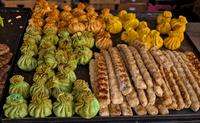 Georgian Street Food
Georgian Street Food
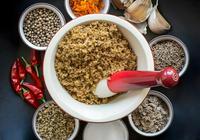 Svanetian Salt
Svanetian Salt
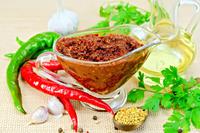 Ajika — The Georgian Chili Paste
Ajika — The Georgian Chili Paste
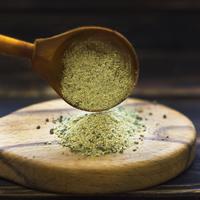 Utskho Suneli
Utskho Suneli
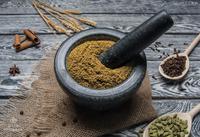 Khmeli Suneli
Khmeli Suneli
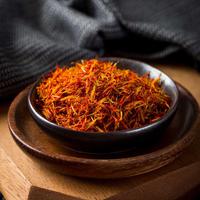 Georgian Saffron
Georgian Saffron
